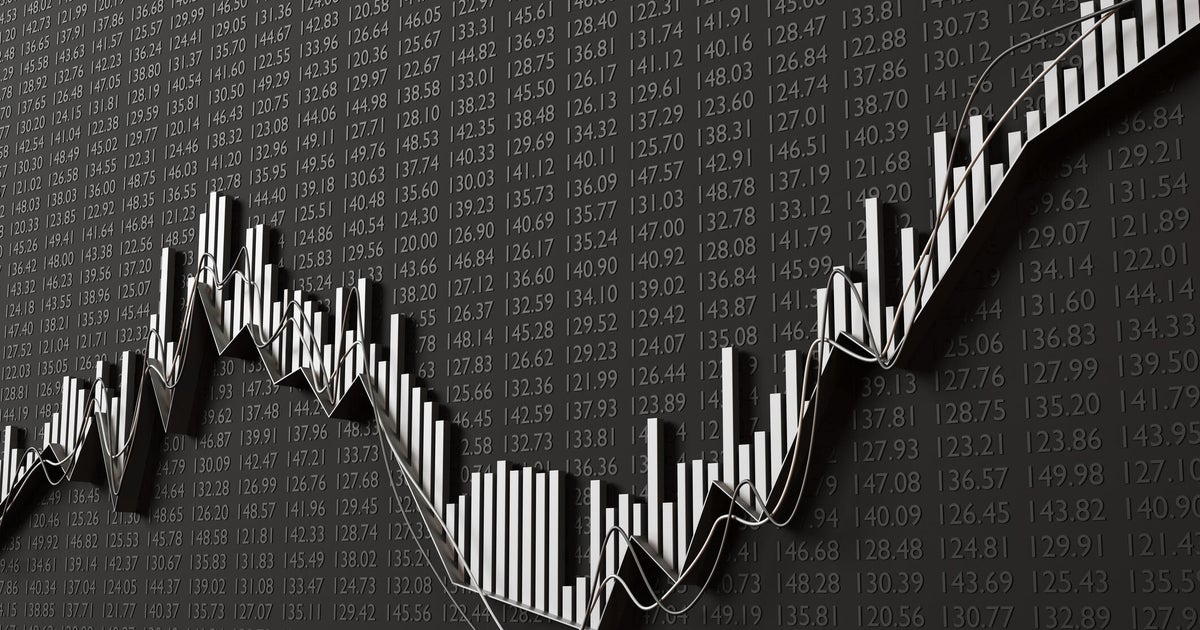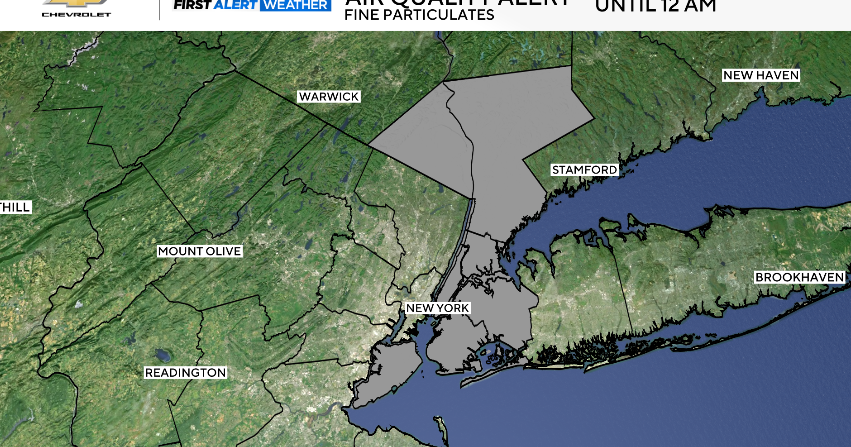Consumer confidence slips again in February, Conference Board says
Consumer confidence dipped for the second straight month as stubborn inflation and anxiety over a potentially slowing economy weighed on Americans.
The Conference Board reported Tuesday that its consumer confidence index slipped to 102.9 in February, from a reading of 106 in January. The business research group's present situation index — which measures consumers' assessment of current business and labor market conditions — ticked up to 152.8 from 151.1 last month.
Ataman Ozyildirim, senior director of economics at the business group, said the drop reflected a sharp decline in confidence among 35- to 54-year-olds with annual income of at least $35,000. He added that consumers may have started trimming their spending due to high prices and rising interest rates.
The board's expectations index — a measure of consumers' six-month outlook for income, business and labor conditions — tumbled to 69.7 in February from 76 in January. A reading under 80 often signals a recession in the coming year, the Conference Board said.
"Households are likely cautious given inflation is still elevated and borrowing costs are rising," Rubeela Farooqi, chief U.S. economist with High Frequency Economics, said in a report. "But they are continuing to spend for now, owing to strong job growth that is restoring incomes."
Consumers have been a pillar in the U.S. economy, not ready to slow spending even as the Federal Reserve tightens its monetary policy and signals more rate hikes ahead in its effort to cool the economy and bring down persistent, four-decade high inflation. Those rate increases can raise the cost of using credit cards or taking out a loan for a house, car or other purchases.
Earlier in February, the government reported that retail sales jumped 3% in January following a two-month slide. Americans boosted their spending at stores and restaurants at the fastest pace in nearly two years.
But that confidence could be waning.
The board says consumers appear to be showing early signs of pulling back their spending, particularly on big-ticket items like cars, major appliances and homes. Plans to take vacations were also dialed back in February.
Earnings reports from major retailers this month have echoed consumer anxiety. While Target, Home Depot and others largely met Wall Street's quarterly sales and profit expectations, they have cut their forecasts for 2023 with inflation lingering longer than expected.
"The strong jobs market continues to boost consumers' spirits, but they see trouble ahead in categories that affect them most: jobs and incomes," said Robert Frick, an economist with Navy Federal Credit Union. "Confidence is now strongly linked to high inflation, and if inflation falls this year as most forecasts suspect, we could see a commensurate rise in confidence."
The Fed's preferred inflation gauge rose last month at its fastest pace since June, an alarming sign that price pressures remain entrenched in the U.S. economy and could lead the Fed to keep raising interest rates well into this year.
Other measures also show persistent inflation. Consumer prices eases in January, yet remained higher than many economists had expected, driven by rising prices for housing, gasoline and natural gas, according to the Consumer Price Index.
The CPI, which tracks a broad basket of good and services, rose at a 6.4% annual rate last month, topping forecasts of 6.2%. Core inflation, which excludes volatile food and energy costs, rose in January at an annual rate of 5.6%, also higher than economists had predicted.
Respondents to the Conference Board's survey continue to express optimism about the stability of their incomes and the broader U.S. job market, which has held up well even as the Fed has ratcheted up its benchmark borrowing rate eight times in the past year.
The unemployment rate fell to 3.4% in January as businesses added a whopping 517,000 jobs in the first month of 2022. There are still nearly two jobs for every unemployed American and despite high-profile layoffs in the tech sector, applications for weekly jobless benefits remain low.
One thing Americans are not in a hurry to do is jump into the housing market. With an average long-term U.S. mortgage rate of 6.5%, many potential homebuyers have been pushed to the sidelines because those higher rates mean hundreds of dollars a month in extra costs.
The National Association of Realtors reported last week that home sales in January fell for the 12th consecutive month to the slowest pace in more than a dozen years. January's sales cratered by nearly 37% from a year earlier.



